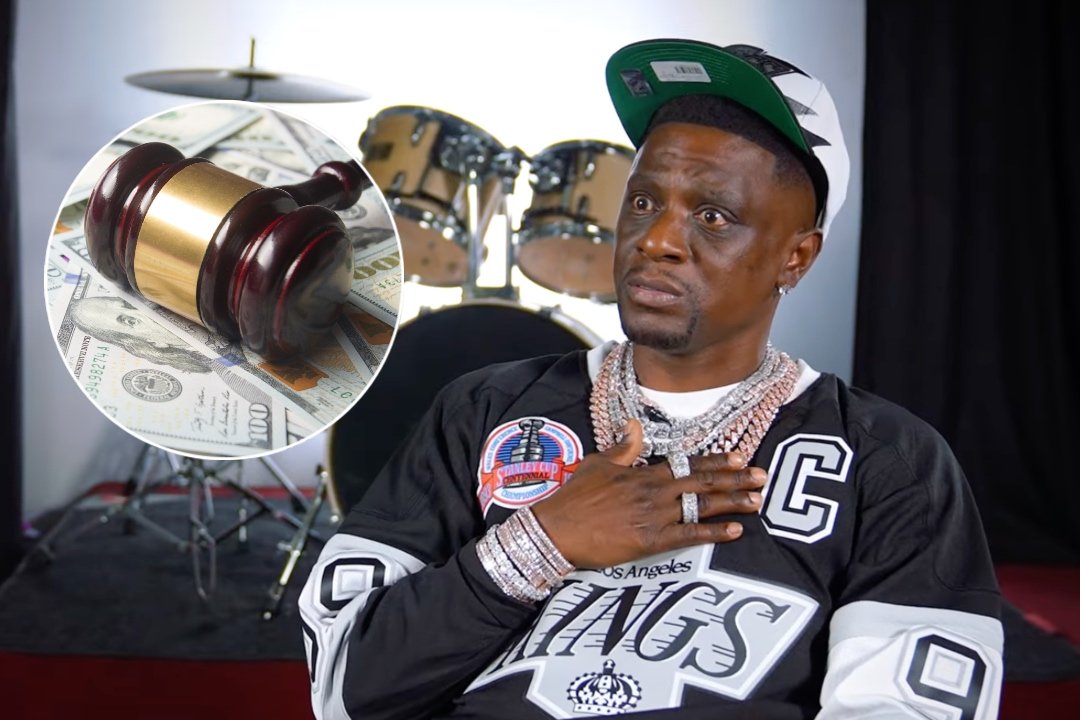In a surprising turn of events, rapper Boosie Badazz has raised eyebrows by asserting a copyright breach, demanding $200,000 from fellow artist Rod Wave for allegedly interpolating his lyrics. The dispute sheds light on the intricacies of copyright protection within the music industry and the financial stakes associated with unauthorized use of creative content.
Boosie Badazz, known for his distinctive style and lyrical prowess, claims that Rod Wave interpolated his lyrics without permission, constituting a violation of copyright. Interpolation involves incorporating elements of existing music or lyrics into a new composition. Boosie contends that this unauthorized use warrants compensation, setting the stage for a legal and financial dispute between the two artists.
The demand for $200,000 signals not only the perceived value Boosie places on his original lyrics but also the financial stakes involved in music copyright disputes. Interpolation cases often hinge on proving substantial similarity between the original and contested works, with compensation sought for the unauthorized use
The case raises questions about the boundaries of copyright protection in the music industry. Artists often draw inspiration from their predecessors, but there are legal limits to what constitutes permissible sampling or interpolation. Boosie's assertion reflects a commitment to safeguarding his intellectual property and asserting his rights under copyright laws.
The dispute between Boosie and Rod Wave touches on the broader conversation about artistic freedom and the balance between inspiration and infringement. Copyright laws aim to protect the rights of creators, but cases like these prompt discussions about how such legal actions may impact the creative process and collaboration within the music industry.
As news of Boosie's demand circulates, the industry and fans are likely to watch closely for responses from both artists. Copyright disputes can have lasting effects on artists' reputations and relationships within the music community. The outcome of this case may set a precedent for how similar disputes are handled in the future.
As the legal drama unfolds, the music industry once again finds itself grappling with the complexities of copyright protection in the digital age. Boosie's demand for $200,000 from Rod Wave underscores the financial significance of intellectual property in an industry where artists' creativity is both their craft and livelihood.
In the coming weeks, observers will be keen to see how Boosie's claim progresses and whether it sparks broader conversations about the intersection of creativity, copyright protection, and financial compensation within the dynamic landscape of the music industry.










